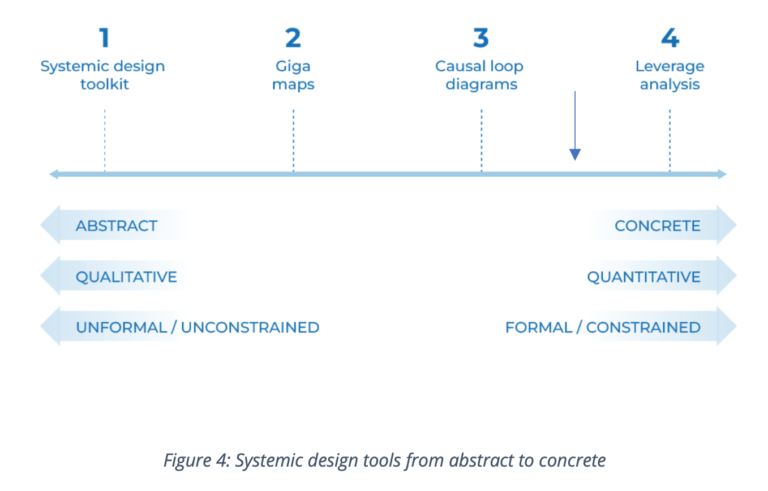
BASTIEN PAÏS’S LABELLED THESIS
Bastien PAIS is one of the eight PhDs whose thesis has been labelled by ISA in 2023. His research on aviation and planetary boundaries aims
The power of artifacts to reflect our culture and influence us as individuals, as highlighted by Material culture (Woodward, 2007), shows the importance of design in the ecological transition, a major issue in our society. Although sustainability cannot be based on technological solutions (Bremer et al., 2022), it should be a central concern of human-computer interactive systems design (Blevis, 2007).
In Human-Computer Interaction (HCI) and Systems Engineering (SE), current efforts for a more sustainable world focus on the energy efficiency of a system, optimising its lifecycle and encouraging users to save energy. Some voices in the HCI community recognise that the current approach, which focuses on the material impact of artefacts, is reductive and insufficient in the face of this systemic problem (Knowles et al., 2018).
It misses the opportunity to facilitate a necessary change in societal practices. In fact, Sustainable HCI projects attempt to respond to problems that have not been clearly formulated (Rivière, 2021), and the community struggles to develop tools and methods for this purpose., Systemic design, an emerging practice resulting from the combination of design and systems thinking, has developed methods for addressing complex problems.
This paper proposes to draw inspiration from these methods to apprehend the systemic dimension of the ecological transition in the design of interactive systems, particularly in the formulation of the problem and the objectives.

However, these methods and tools are designed by and for ‘systemic designers’. These, unlike interactive system designers, operate primarily at the scale of organizations and social systems (through policy, strategic decisions, etc.), within the framework of design 3.0 and 4.0 as described by Jones & van Patter (2009).
This paper argues that the unit of analysis can be decorrelated from the unit of intervention, i.e. one can study and target a problem at the scale of a sociotechnical system (such as the agriculture sector) and only intervene at the scale of an interactive system (e.g. agricultural robot). It is a question of understanding the contexts in which the designed system will be placed and its possible impacts at scale so as to avoid simplistic solutions that could be counterproductive (e.g. rebound effect).
This difference in the scale of the unit of intervention implies that the tools of systemic designers must be adapted to the needs of interactive system designers. The authors suggest the use of ‘quali-quantitative’ modeling.
l

Bastien PAIS is one of the eight PhDs whose thesis has been labelled by ISA in 2023. His research on aviation and planetary boundaries aims

Suzanne Salles’s PhD thesis focuses on the impact of changing atmospheric conditions, linked to climate change, on aircraft take-off performance.

On the 24th of October 2022, Laurent Joly, Dir. Of ISA, participated to the Eramus Decartes Conference at the Aeroclub de France.
By continuing to browse this site, you are agreeing to the use of cookies for statistical purposes, as well as to facilitate information sharing on social networks. For more information, you can consult our Cookie policy.